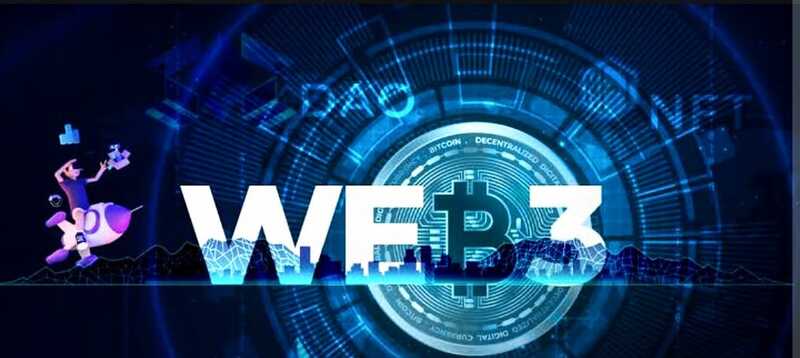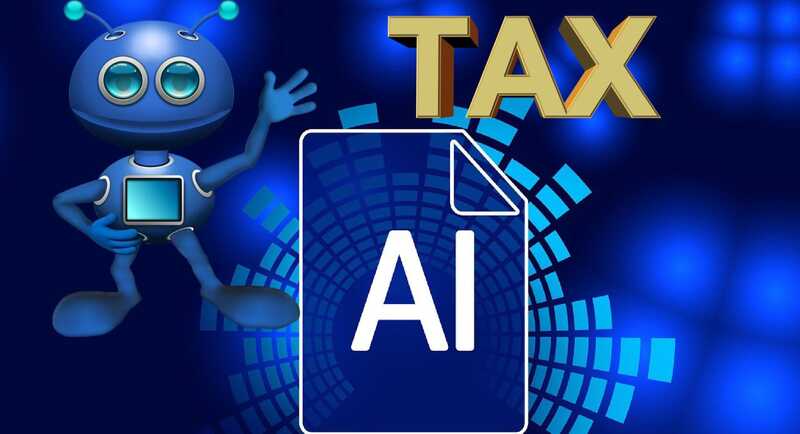 A representation of Web 3.0, the next generation of the internet. Photo Credits: Vsoft
A representation of Web 3.0, the next generation of the internet. Photo Credits: Vsoft
Web 3.0 Revolution: Transforming Kenya's Economy Through Blockchain Innovation
Web 3 is an emerging vision for the future of the internet, centered around decentralization, blockchain technology, and token-based digital economies. Unlike the current version of the internet (Web 2.0), which is dominated by centralized platforms, Web 3 aims to give users more control over their data and online interactions. Applications of Web 3 include cryptocurrencies, decentralized applications (dApps), non-fungible tokens (NFTs), decentralized autonomous organizations (DAOs), and decentralized social platforms.
Opportunities for Kenya in the Web 3 Space
Although still in its early stages, Web 3 holds promise for transforming economies—especially in developing nations like Kenya. Here are some of the potential benefits:
1. Financial Inclusion for the Unbanked
With a significant portion of Kenya’s population either unbanked or underbanked, Web 3 tools such as cryptocurrencies and decentralized finance (DeFi) platforms could offer access to financial services without traditional banking infrastructure.
2. Transparent Governance
Blockchain’s immutability can bring more transparency and accountability to governance. Public services, elections, and fund allocations could be recorded on verifiable blockchain systems, increasing public trust and reducing corruption.
3. Boosting Innovation and Entrepreneurship
Web 3 removes many of the entry barriers for digital startups. Developers, artists, and content creators can launch decentralized applications, monetize their work through token economies, and directly interact with global markets.
4. Empowering Local Communities
Through tools like DAOs and community tokens, groups in Kenya can self-organize and fund grassroots initiatives, fostering local development and giving marginalized communities a greater voice and resource base.
Challenges and Risks in Adopting Web 3 in Kenya
Despite its promise, Web 3 comes with challenges that must be addressed to ensure inclusive and responsible development.
Opportunities for Kenya in the Web 3 Space
Although still in its early stages, Web 3 holds promise for transforming economies—especially in developing nations like Kenya. Here are some of the potential benefits:
1. Financial Inclusion for the Unbanked
With a significant portion of Kenya’s population either unbanked or underbanked, Web 3 tools such as cryptocurrencies and decentralized finance (DeFi) platforms could offer access to financial services without traditional banking infrastructure.
2. Transparent Governance
Blockchain’s immutability can bring more transparency and accountability to governance. Public services, elections, and fund allocations could be recorded on verifiable blockchain systems, increasing public trust and reducing corruption.
3. Boosting Innovation and Entrepreneurship
Web 3 removes many of the entry barriers for digital startups. Developers, artists, and content creators can launch decentralized applications, monetize their work through token economies, and directly interact with global markets.
4. Empowering Local Communities
Through tools like DAOs and community tokens, groups in Kenya can self-organize and fund grassroots initiatives, fostering local development and giving marginalized communities a greater voice and resource base.
Challenges and Risks in Adopting Web 3 in Kenya
Despite its promise, Web 3 comes with challenges that must be addressed to ensure inclusive and responsible development.
- Digital Literacy Gaps. Many users may not fully understand how Web 3 technologies work. Without proper education, individuals may be vulnerable to scams, data loss, and privacy breaches.
- Regulatory Uncertainty. Governments and institutions may be hesitant or resistant to adopt Web 3, fearing loss of control or disruption to traditional systems. Kenya will need clear regulatory frameworks to guide development while protecting public interests.
- Infrastructure Limitations. Web 3 applications depend heavily on stable internet access and reliable digital infrastructure. In Kenya, where internet penetration and affordability still face challenges, these limitations could hinder widespread adoption.
A Vision, Not a Cure-All
It’s important to view Web 3 not as a panacea but as a catalyst for new possibilities. Its success in Kenya and similar economies will depend on ongoing research, education, experimentation, and collaboration among governments, tech communities, and citizens.
Moving Forward: Preparing for a Decentralized Future
For Kenya to benefit from the Web 3 revolution, corporate entities, innovators, and policymakers must be proactive. Investing in digital literacy, infrastructure, and adaptive regulations will help ensure that Web 3 becomes a tool for inclusive growth rather than one that widens the digital divide.
Senior Editor: Kenneth Njoroge
Financial Expert/Bsc. Commerce/CPA
